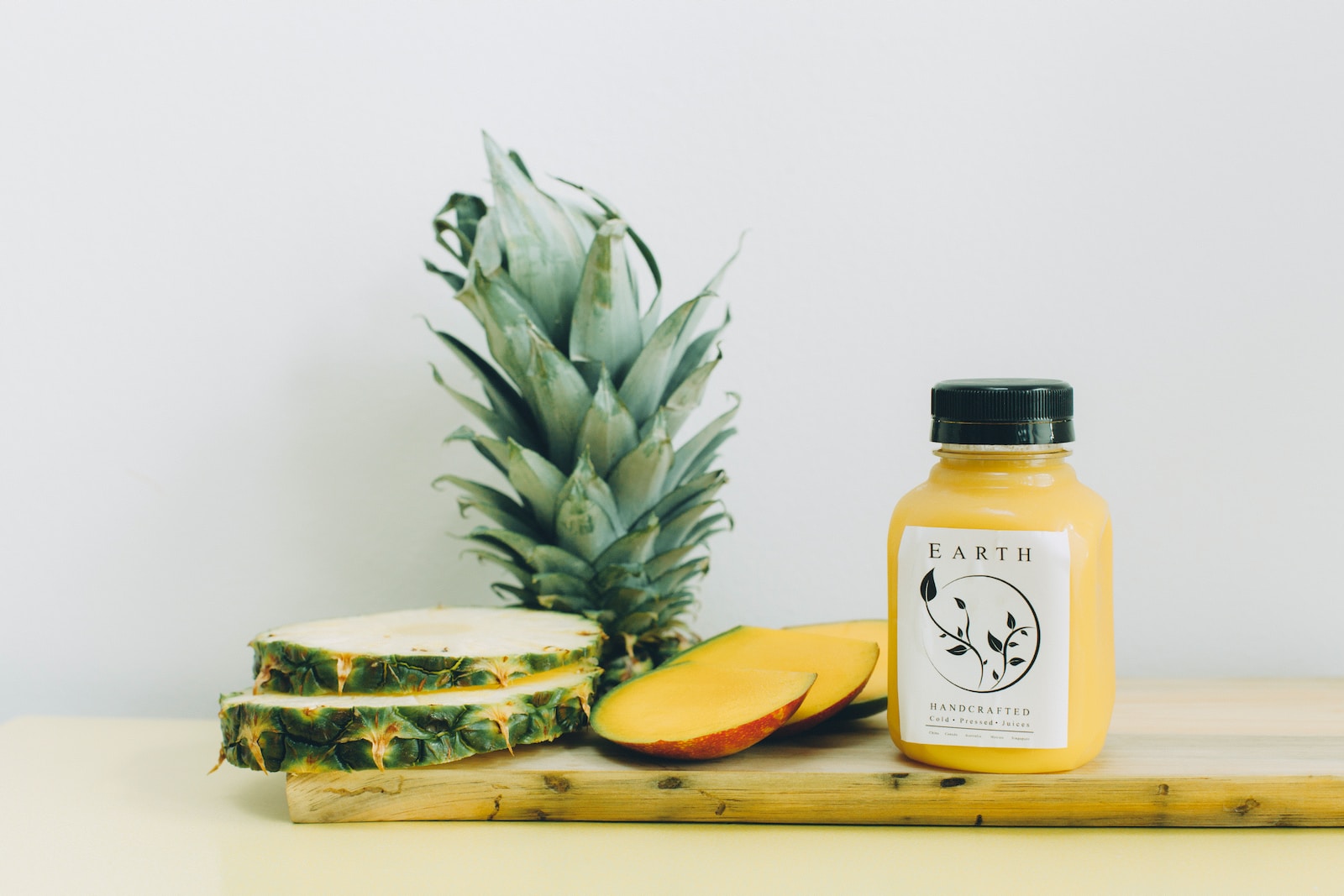Going Green: The Rise of Organic Products and Why They’re Here to Stay
In recent years, there has been a noticeable shift in consumer behavior towards more sustainable and environmentally friendly products. From organic food and clothing to eco-friendly cleaning supplies, the demand for “green” products is on the rise. This trend is not just a passing fad; it reflects a deeper societal awareness and concern for the planet’s well-being. As a result, organic products are here to stay.
One of the primary reasons behind the rise of organic products is the increasing understanding of the detrimental effects of conventional farming and manufacturing practices. Conventional agriculture relies heavily on synthetic fertilizers, pesticides, and herbicides. These chemicals not only degrade the soil quality but also seep into water sources, causing long-term damage to ecosystems. Organic farming, on the other hand, promotes the use of natural methods, such as composting and crop rotation, which help to improve soil health and reduce water pollution.
Apart from the environmental benefits, organic products also pose fewer health risks.
Conventional products often contain harmful additives, preservatives, and genetically modified organisms (GMOs) that can have adverse effects on human health. These chemicals have been linked to various health issues, including allergies, hormone disruption, and even cancer. Organic products, on the other hand, are free from synthetic substances, ensuring a safer and healthier choice for consumers.
Moreover, the heightened consumer awareness of the impact of their choices on climate change has contributed to the rise of organic products. With global warming and climate crisis becoming significant concerns, people are actively seeking ways to minimize their carbon footprint. Organic farming practices, such as reduced chemical usage and sustainable waste management, result in lower greenhouse gas emissions and carbon sequestration. By choosing organic products, consumers can contribute to mitigating the climate crisis.
The demand for organic products is not limited to just food items but extends to other everyday products as well. Clothing made from organic cotton or bamboo is becoming increasingly popular due to its sustainability and reduced reliance on toxic dyes and pesticides. Natural and eco-friendly cleaning and personal care products have also seen a surge in demand as people strive to eliminate harmful chemicals from their daily routines.
Furthermore, the rise of e-commerce has played a significant role
in the accessibility and availability of organic products. Online marketplaces and specialty stores are making it easier for consumers to find and purchase organic products from local and international sources. The convenience offered by online platforms has opened up a world of options, allowing consumers to make conscious choices regardless of their location.
In response to this growing demand, many companies and industries are embracing organic and eco-friendly practices to cater to environmentally conscious consumers. Farmers are transitioning to organic farming methods, and more businesses are investing in sustainable production and packaging. This shift not only benefits the environment but also creates new job opportunities and economic growth.
The rise of organic products is not just a passing trend; it signifies a shift in consumer values towards a more sustainable future. As awareness about the impact of our choices grows, so does the demand for ethically produced and environmentally friendly products. The rise of organic products reflects this ongoing movement towards a greener lifestyle and the recognition that our choices can make a difference. So, let us embrace this positive change and choose organic products to secure a healthier and more sustainable future for generations to come.

